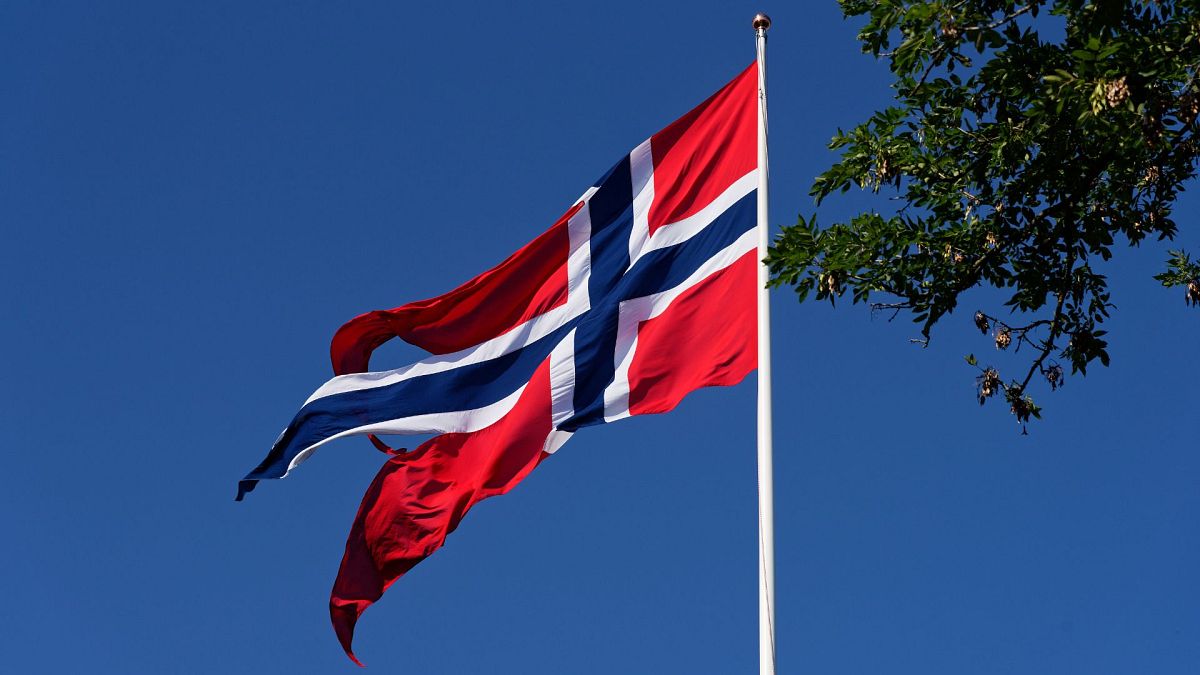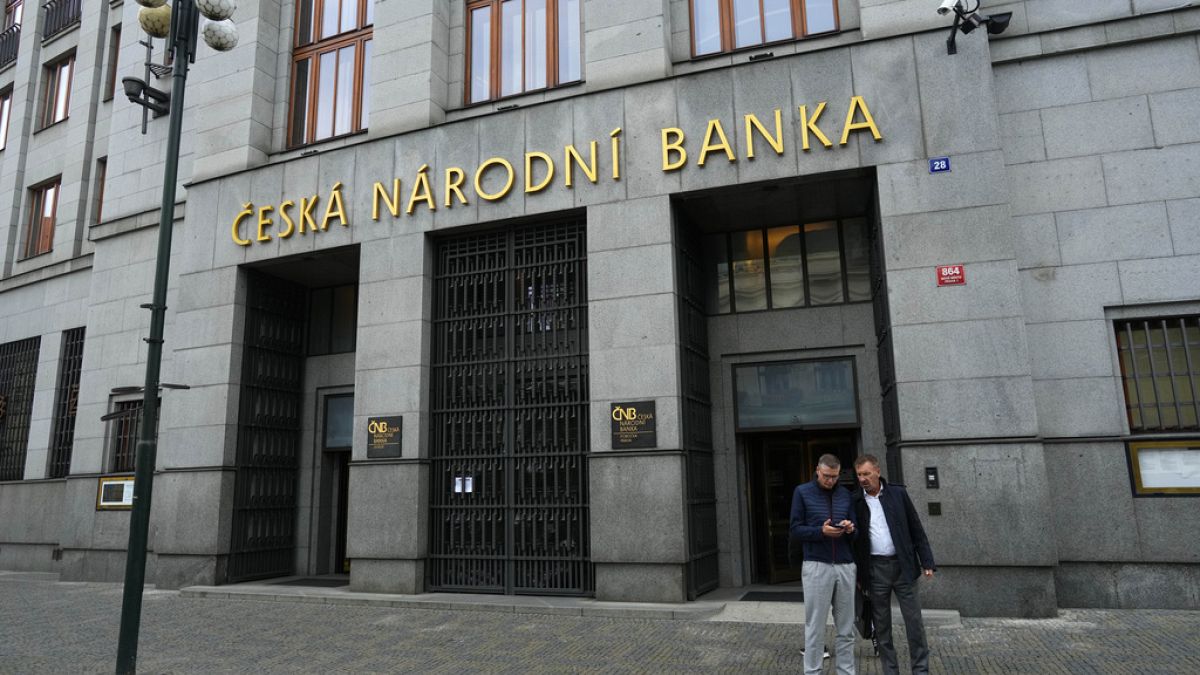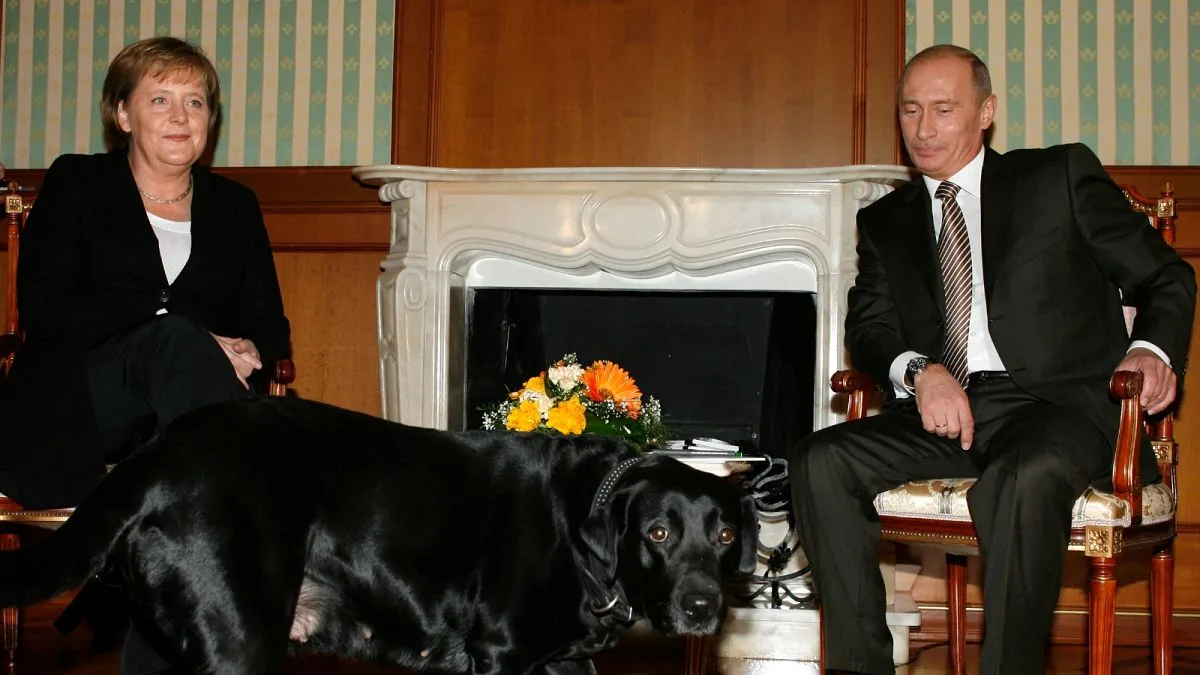Why is one of Europe’s top-performing economies not aligning with the ECB’s monetary policy changes?
The Norges Bank recently opted to maintain its policy rate at 4.5% during its Thursday meeting. They indicated that this rate is likely to persist until year-end. However, the statement also hinted that “the time to ease monetary policy is approaching.”
Additionally, the overnight lending rate remains at 5.5%, with the reserve rate held steady at 3.5%.
The primary goal of the Norges Bank is to ensure low and stable inflation, and fluctuations in consumer prices typically signal potential adjustments in the policy rate.
Interestingly, Norwegian inflation is moving closer to the eurozone’s rate. As of August, the annual inflation rate was recorded at 2.6%, with monthly price drops observed. Core inflation has also seen a slight decrease, now at 3.2%.
Despite the reduction in inflation at a pace outpacing expectations—similar to trends in the eurozone that prompted recent ECB rate cuts—the Norges Bank perceives significant vulnerabilities in the Norwegian economy, preventing them from making a rate cut at this time.
The central bank noted ongoing depreciation of the krone, which may hinder further disinflation. They warned that inflation could stay above the 2% target for an extended period if a premature rate cut occurs. Current projections suggest that this target may not be reached until late 2027.
Meanwhile, unemployment has inched up from a low of 3.9%, and rapidly increasing business costs have dampened the likelihood of interest rate reductions. Moreover, the Norges Bank is cautious about maintaining high interest rates for too long, as this may harm the economy.
“If conditions indicate a quicker return of inflation to target or if we observe a more pronounced slowdown in the Norwegian economy, the policy rate could be lowered sooner than anticipated,” the bank stated.
Outlook and Risks from the IMF Perspective
The International Monetary Fund (IMF) has suggested that Norway continue with a restrictive monetary policy in their latest report on the nation’s economy.
The IMF highlighted that the country’s real GDP growth decelerated to 0.5% in 2023, yet anticipates a rebound to 1.5% this year. A positive development is the rise in real incomes, which is boosting domestic demand.
According to the IMF, the key challenges for policymakers are to tackle unemployment, enhance productivity, and manage public spending effectively to support strong economic performance.
Photo credit & article inspired by: Euronews



